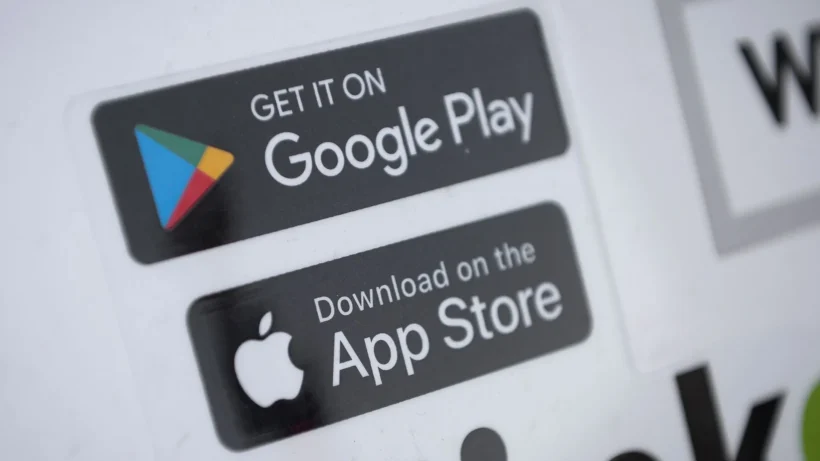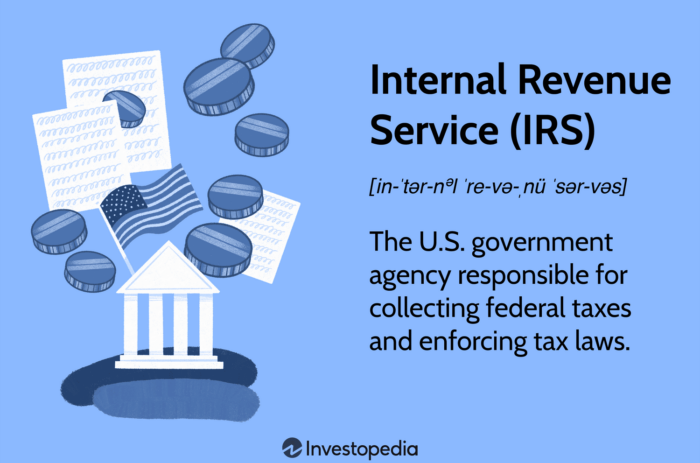
print Print...
(by Kif Leswing, CNBC) – Utah Gov. Spencer Cox on Wednesday signed a bill that requires the Apple and Google app stores to verify user ages and require parental permission for those under 18 to use certain apps, the governor’s spokesperson told CNBC.
The law is the first of its kind in the nation and represents a significant shift in how user ages are verified online, and says it’s the responsibility of [the] app stores to verify ages — putting the onus on Apple and Google, instead of individual apps like Instagram, Snapchat and X, to do age checks.
The App Store Accountability Act, or S.B. 142, could also kick off a wave of other states, including South Carolina and California, passing similar legislation.
The law is designed to protect children, who may not understand apps’ terms of services and, therefore, can’t agree to them, said Todd Weiler, a Republican state senator and the bill’s sponsor.
“For the past decade or longer, Instagram has rated itself as friendly for 12 year olds,” Weiler said at a state senate committee hearing in January. “It’s not.”
Apple and Google will need to request age verification checks when someone makes a new account in the state. That will most likely have to be done using credit cards, according to Weiler. If someone under 18 opens an app store account, Apple or Google will have to link it to a parent’s account or request additional documentation. Parents will have to consent to in-app purchases. …
The Utah law is slated to take effect on May 7, but it is expected to be challenged in a legal fight over its validity. The state passed a similar age-verification law related to pornography in 2023, and arguments whether that law violates free speech [in a case against Texas] were heard by the Supreme Court in January [which will hand down its decision by the end of June or early July, before its summer recess].
Utah’s adoption of the law is also the latest shot in a long-running skirmish between Facebook-parent Meta and Apple.
Meta, which [owns Instagram, WhatsApp, Facebook and Messenger] supported the bill, argu[ing] that app stores are the best place to do age verification on minors, instead of on individual apps. Meta has recently shifted its policy strategy to seek strategic advantages for itself and shift antitrust scrutiny onto Apple, CNBC reported last month.
“Parents want a one-stop shop to verify their child’s age and grant permission for them to download apps in a privacy-preserving way,” Meta said in a joint statement with Snap and X. “The app store is the best place for it, and more than a quarter of states have introduced bills recognizing the central role app stores play.”
Apple says it makes the most sense for apps themselves to do age verification, and that due to privacy reasons, it doesn’t want to collect the data needed for age verification.
The “right place to address the dangers of age-restricted content online is the limited set of websites and apps that host that kind of content,” according to a paper Apple posted on its website last month.
Utah’s bill raises privacy and safety risks, Google said in a blog post on March 12.
“There are a variety of fast-moving legislative proposals being pushed by Meta and other companies in an effort to offload their own responsibilities to keep kids safe to app stores,” Google Director of Public Policy Kareem Ghanem wrote. “These proposals introduce new risks to the privacy of minors, without actually addressing the harms that are inspiring lawmakers to act.”
The push for age verification comes after Meta CEO Mark Zuckerberg, X CEO Lina Yaccarino, Snap CEO Evan Spiegel and other social media CEOs appeared before Congress in January 2024 for a hearing focused on online child safety.
There, lawmakers criticized the companies, saying they failed to stem online child sexual exploitation on social media apps and needed to do more. Zuckerberg appeared rattled during the hearing after senators told him he had “blood on your hands.” However, the legislation that came out of the meeting, the Kids Online Safety Act, failed to advance in Congress late last year.
Meta has also been hit with a number of lawsuits filed by states relating to the well-being of children on Facebook and Instagram.
— CNBC’s Jonathan Vanian contributed to this report.
Published at CNBC on March 26, 2025. Reprinted here for educational purposes only. May not be reproduced on other websites without permission.
Questions
1. What do you learn about the bill Utah Gov. Spencer Cox signed into law on Wednesday?
2. Nineteen U.S. states, including Utah, have passed laws requiring adult website [and/or apps with adult content] users to verify their age. Name the two states might pass laws similar to Utah requiring the app stores (instead of individual apps) to verify users’ age.
3. What is the purpose of the law, according to Rep. state senator Todd Weiler?
4. Why do social media companies Meta (Instagram, WhatsApp, Facebook and Messenger), Snap and X like Utah’s new law?
5. For what reason does Apple oppose Utah’s law?
6. What reason did Google rep Kareem Ghanem give for Google’s opposition to the law?
7. a) What do you think is the best way to protect minors: require individual apps with adult content to obtain proof of age for users OR require the Apple and Google app stores to obtain proof of age to download/purchase certain apps? Explain your answer.
b) Do you think requiring a social security number, passport or valid drivers license to use/purchase certain apps is appropriate? Explain your answer.
8. What unintended consequences do you think might result from these types of laws? (invasion of privacy, hacking/identity theft…)
Resources
Watch a March 15, 2025 news report:
Watch a March 21, 2025 video from Utah State Senator Todd Weiler:
Daily “Answers” emails are provided for Daily News Articles, Tuesday’s World Events and Friday’s News Quiz.



